Former Fed chair: It's unlikely to avoid economic downturn amid banking chaos
It was a case of too little, too slow, when it came to keeping inflation down, said former U.S. Federal Reserve chair Ben Bernanke at a recent forum.
At the forum, titled "The Fed: Lessons Learned From the Past Three Years", Bernanke and other high-profile economists analyzed the root causes of persistent inflation and formulated recommendations for policymakers.
Bernanke said the Fed paid too little attention to inflation down the road following large government spending packages, while focusing too much on keeping interest rates low to support employment.
He attributed the surge in inflation to a combination of factors, from Fed policies to economic "shocks".
In a paper co-authored by Bernanke and Olivier Blanchard, a senior fellow of the Peterson Institute for International Economics, they emphasized that the injection of substantial government checks and ill-timed interest rate hikes functioned as catalysts, intensifying the upward trajectory of prices and sustaining them at elevated levels.
"In retrospect, the failure to forecast the inflation burst reflected in large part the fact that, in focusing on the labor market, both the Fed and its critics underestimated the inflationary potential of developments in goods markets, that is, from increases in prices given wages," Bernanke and Blanchard wrote in the paper released at the forum hosted by the Brookings Institution on Tuesday.
"We do find that food and energy costs had a bigger effect than their share, both because they have some longer-term effects on other goods and services, but mostly because of these indirect effects that are going on," Bernanke said.
In March last year, one year after the inflation rate exceeded the Fed's 2 percent target, the central bank finally started raising rates.
Policymakers have implemented a series of 10 interest rate hikes, resulting in a cumulative increase from basically zero to 5-5.25 percent in the last 14 months. The federal funds rate is at its highest level in nearly 16 years.
40-year high CPI
The U.S. inflation rate as measured by the consumer price index, or CPI, reached a 40-year high in the summer of 2022. Inflation has persisted, but at a lower rate than earlier this year.
With the emergence of stress in the banking sector, concerns over the impact of the Fed's rate increases were heightened.
Since March, three regional banks, Silicon Valley Bank, Signature Bank and First Republic Bank, have failed. However, the Fed chose to make two more interest rate hikes during the same period.
In the Federal Open Market Committee statement after the Fed's meeting earlier this month, after the key rate was raised by a quarter-point, committee members said they were considering a pause in future rate hikes.
Jason Furman, a Harvard University economics professor and former director of the National Economic Council, said during the forum that the government may have spent too much money on pandemic relief.
He said the Fed could not have foreseen some "shocks" like the Russia-Ukraine conflict and supply chain disruptions, but "the less forgivable sin, though, was monetary policy".
Furman noted that the Fed did not respond to inflation in time, which was more responsible for the elevated prices of goods and services. In other words, monetary policy played a larger role than fiscal policy in inflation, he said.
According to the U.S. Bureau of Labor Statistics, the CPI rose 4.9 percent over the last 12 months, still far from the Fed's target of 2 percent.
Bernanke said there is still more work for the Fed to do to bring down inflation.
"Looking forward, with labor market slack still below sustainable levels and inflation expectations modestly higher, we conclude that the Fed is unlikely to be able to avoid slowing the economy to return inflation to target," the paper stated.
Bernanke and Blanchard said overheating in the labor market has played a minor role in inflation, but an increasing one over time.
"The longer the overheating episode, the stronger the catch-up effect, and the weaker the anchoring of expectations, the larger is the effect of labor market tightness on inflation, and, implicitly, the stronger the eventual monetary contraction needed to return inflation to target, all else equal," they said.










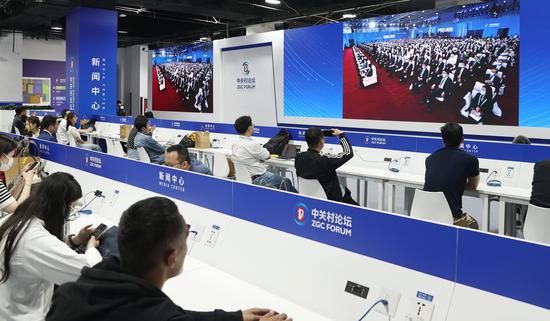


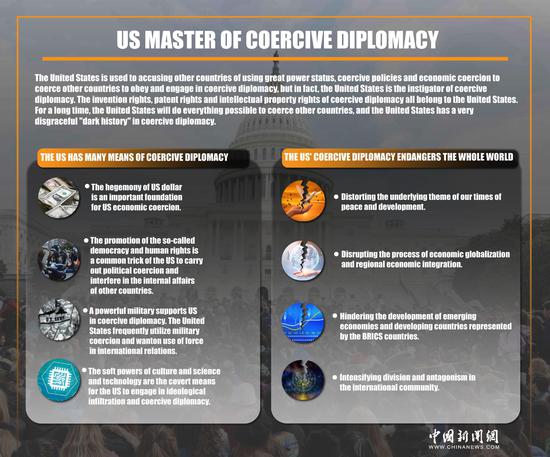

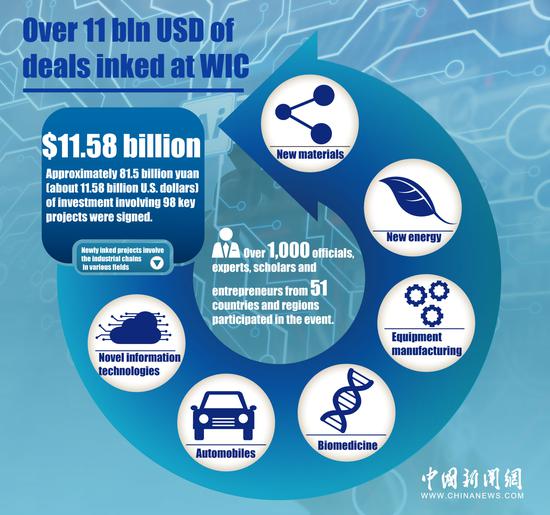
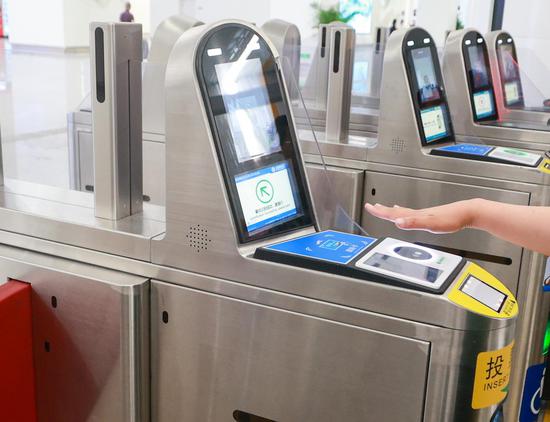
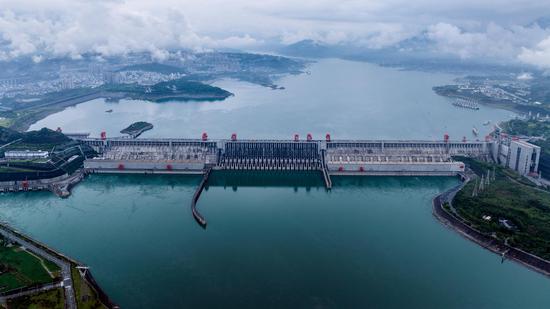








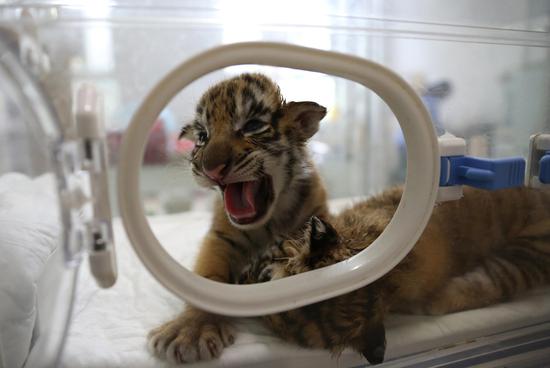
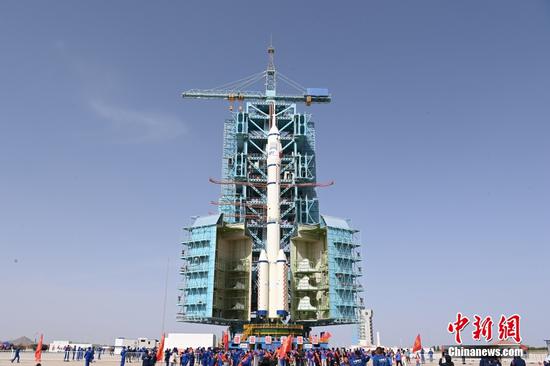



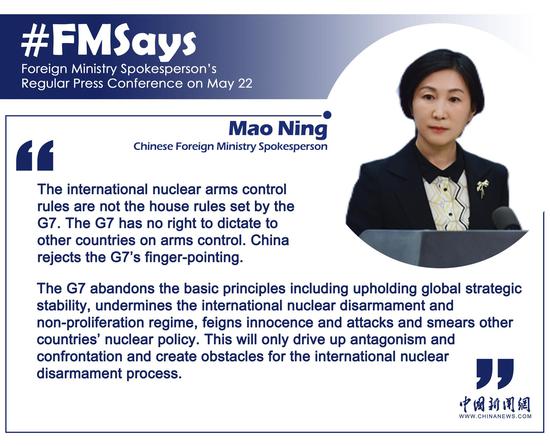
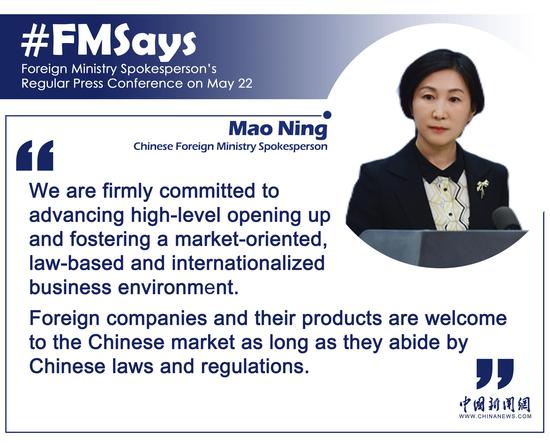

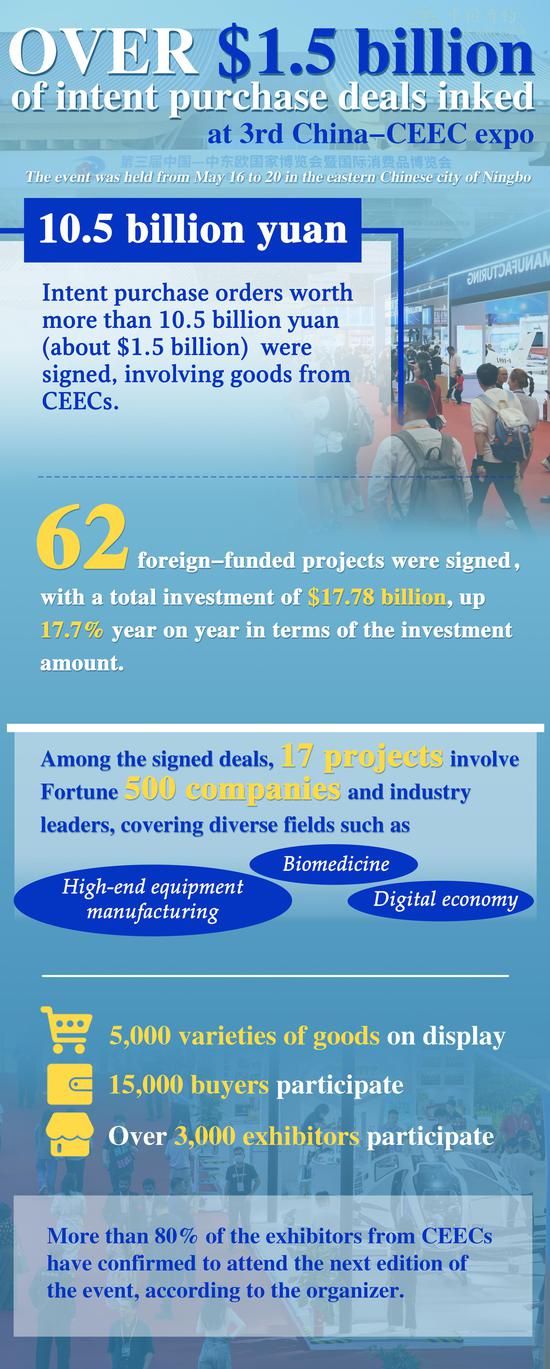















 京公网安备 11010202009201号
京公网安备 11010202009201号